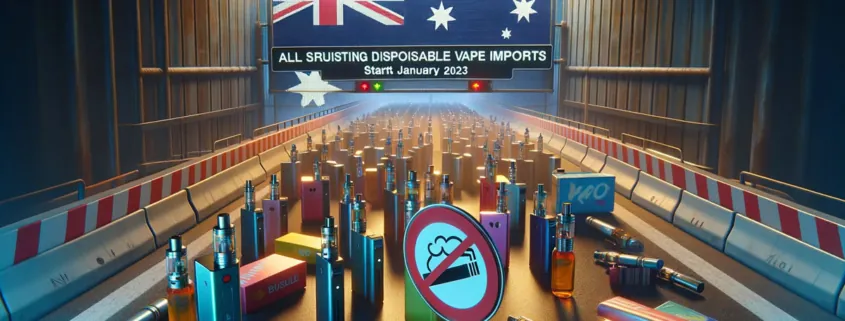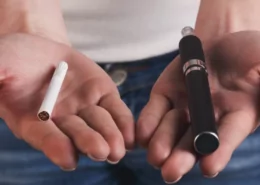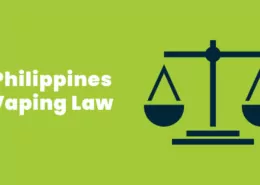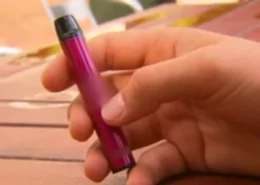What to Know About Australia’s Disposable Vape Ban
As of January 1st, 2024, Australia will officially ban the importation of all disposable vaping products, including popular disposable vape brands like Elf Bar and Hyde. This decision comes amidst growing concern that vapes are hooking a new generation on nicotine addiction and acting as a gateway for young people to transition to smoking traditional cigarettes.
According to Mark Butler, Australia’s Minister of Health, vapes were initially marketed as smoking cessation tools to help long-time smokers quit. However, strong evidence now shows that youth who vape are three times more likely to start smoking. With over 25% of 18-24 year old Australians now using vapes regularly, authorities believe irresponsible marketing practices around vape products are deliberately trying to get young people addicted.
Butler stated that the flavors, appearance, and packaging of many disposable vapes seem intentionally designed to appeal to youth and disguise vape use. Examples include vapes flavored like desserts or fruit, colored bright pink or blue, and disguised as highlighters or other innocuous items. By banning the import of these products, Australia hopes to curb access and appeal to its most vulnerable citizens.
Australia’s expanding vape regulations in 2024
While the import ban on disposable vapes takes effect January 2024, further regulations are slated for March 2024. These include:
- Import bans expanded to all vapes, including reusable models
- Mandatory licenses required for therapeutic vape importers
- Restrictions on vape flavors, nicotine levels, and packaging
- Potential domestic bans on manufacturing, selling, and marketing vapes & e-liquids
These policies indicate Australia taking an increasingly hardline stance against the sale and use of vaping products within its borders. Though some vapes may still enter illegally, authorities state they will no longer be easily and openly accessible to youth.
Are vape users subject to penalties under new Australian laws?
According to Butler, the incoming vape regulations deliberately target vendors and importers over individual users. The Minister stated enforcement will focus on companies involved in importing and selling banned products rather than penalizing buyers, particularly youth.
Butler conceded that nearly everyone, including Australians, were initially “duped” by the vape industry falsely marketing products as smoking cessation tools while actually hooking new users. However, Australia now hopes to correct course by making vapes far less ubiquitous and harder to access.
Global approaches to address surging youth vaping rates
Australia joins several other countries now moving to curb rampant growth in youth vaping through regulation:
- New Zealand – Implemented stricter laws around importing and selling disposable vapes in 2022
- United States – Various statewide flavor bans; federal bans on certain major manufacturers like Juul and Elf Bar
- France – Currently planning 2023 laws to ban disposable vapes countrywide
- Asian Countries – Tightening restrictions on vape sales, flavors, nicotine levels, or implementing outright bans
This global trend indicates disposable vapes, in particular, have proven an epidemic threatening youth health worldwide. However, regulation and enforcement challenges persist around illegal importing and black market circulation.
In contrast, Malaysia now permits sales of vape liquids and gels after finding bans ineffective and taxable regulation more impactful. This split approach highlights difficulties countries face addressing vapes. With disposable models easier for youth to access, Australia joins others focused specifically on this segment first.
Australia earmarks over $500 million to curb smoking and vaping
Alongside import bans and sales restrictions, Australia commits significant funding to proactively address vaping concerns:
- $340 million investment over 4 years in smoking/vaping cessation and prevention
- Expanding free quit services to help citizens, especially youth, avoid using
- Launching national health campaigns to educate on vaping risks
- Updated clinical guidance for doctors on cessation best practices
- Allowing doctors to prescribe vape alternatives where medically appropriate
This multifaceted reaction aims to restrict youth vape access while steering users towards healthier alternatives. With smoking still causing 20,000 annual Australian deaths, officials emphasize regulatory efforts target manufacturers and sellers, not addicted users. Banning vape imports fits within a broader strategy to correct course from irresponsible vape industry practices.
- France Bans Smoking on Beaches, But What About Vaping? - August 12, 2025
- Quebec Vaping Rates Surge, as Smoking Stays Stable - August 12, 2025
- Nicotine Pouches Illegal in Australia Without Prescription - August 12, 2025









